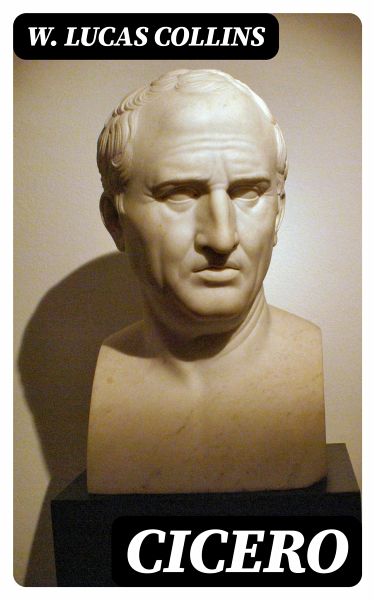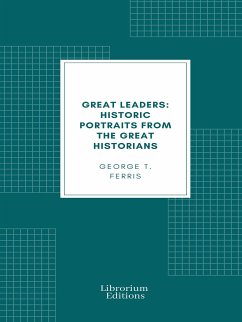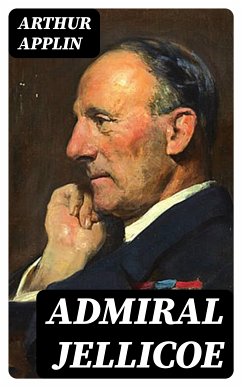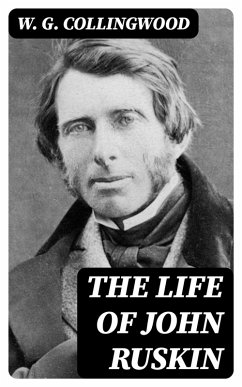
Cicero (eBook, ePUB)

PAYBACK Punkte
0 °P sammeln!
W. Lucas Collins's "Cicero" offers a profound exploration of the life and works of one of ancient Rome's most influential orators and philosophers. Through a masterful blend of historical narrative and critical analysis, Collins situates Cicero within the political and social turbulence of the late Roman Republic, articulating the complexities of his rhetoric and philosophy. The text is distinguished by Collins's elegant prose and his ability to weave together biographical details with incisive commentary on Cicero's contributions to law, governance, and moral philosophy, reflecting both a sch...
W. Lucas Collins's "Cicero" offers a profound exploration of the life and works of one of ancient Rome's most influential orators and philosophers. Through a masterful blend of historical narrative and critical analysis, Collins situates Cicero within the political and social turbulence of the late Roman Republic, articulating the complexities of his rhetoric and philosophy. The text is distinguished by Collins's elegant prose and his ability to weave together biographical details with incisive commentary on Cicero's contributions to law, governance, and moral philosophy, reflecting both a scholarly rigor and accessibility for a range of readers. W. Lucas Collins was an esteemed scholar in the fields of classical studies and rhetoric, with a keen interest in Roman political thought and its lasting impact on Western civilization. His extensive research and engagement with classical texts inform this work, which seeks to resurrect Cicero's voice amidst modern political discourse. Collins's academic background and personal passion for ancient rhetoric illuminate the enduring relevance of Cicero's ideas in contemporary discussions of ethics and civic responsibility. This book is highly recommended for anyone with an interest in classical literature, philosophy, or political history. Scholars and casual readers alike will find Collins's analysis both enlightening and accessible, allowing them to appreciate Cicero not merely as a historical figure, but as a timeless thinker whose ideas continue to resonate with pressing modern issues.
Dieser Download kann aus rechtlichen Gründen nur mit Rechnungsadresse in A, B, BG, CY, CZ, D, DK, EW, E, FIN, F, GR, H, IRL, I, LT, L, LR, M, NL, PL, P, R, S, SLO, SK ausgeliefert werden.













